ECONOMY
What ties urban, rural areas together? Forum will highlight connections
The Charlotte region rose to prosperity on the strength of ties between its rural areas and urban center, but those ties have frayed in recent decades, with the decline of the textile industry and Charlotte’s emergence as an independent finance center. The first annual Schul Forum Series, hosted by the UNC Charlotte Urban Institute, will […]

Rural by Choice: Navigating identity in the Uwharries
“A bus ticket and a bologna sandwich.” That’s a colloquial interpretation of the solution many economists suggest for addressing economic challenges in rural areas – move to a city where there’s more opportunity. While this school of thought acknowledges barriers that can make it difficult to relocate – education levels, job skills, housing costs – […]
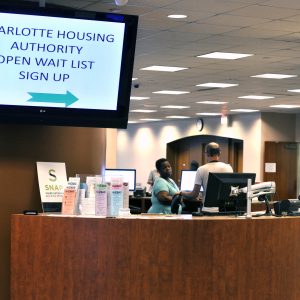
High rent, cost burdens, and inadequate supply: Five new, key facts about housing
Charlotte and Mecklenburg County are still facing a large gap between the supply of affordable housing and the number of residents who need it, as inreasing rents and a tight housing market are squeezing more families’ budgets and putting them at risk of housing instability, evicion and homelessness. Those are some of the key findings […]

People appear to commute farther for certain kinds of jobs
To better understand commuters in the Carolinas Urban-Rural Connection region down to the individual level, we studied anonymized cell phone tracking data at select employment locations, seeking to determine how commuter connections differ between types of business districts and types of firms. By mapping the residential location of workers at a broad range of employment […]
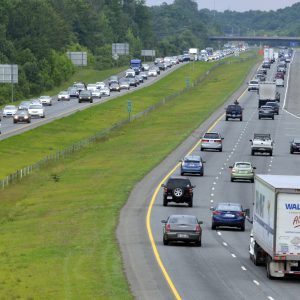
Commuting and the Charlotte region’s economic connections
An array of environmental, cultural and economic connections together give rise to the interdependence of the Carolinas Urban-Rural Connection study region. But none of these connections are more economically significant than the flow of workers within our regional economy. Counties within the region relied on out-of-county commuters for their workforces more in 2015 than at […]

How can we reconnect North Carolinians to opportunities and good jobs?
To move up the ladder of opportunity, there’s generally consensus that people need jobs that pay a living wage, where they can grow their earnings over time. But what’s the best way to get workers, especially low-income workers with barriers such as low educational attainment, connected to those jobs? That’s the focus of the ReCONNECT […]
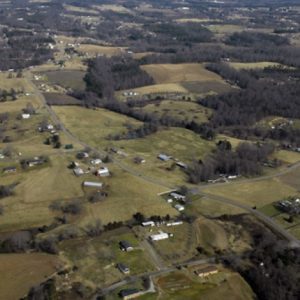
Defining our study area: How we picked the 32 counties
The city of Charlotte has a long reach. While this is certainly not a surprise, we don’t really know much about how Charlotte influences its surroundings and how far this reach extends. We do have some conventions to help us understand the extent to which our region is connected. Metropolitan areas are commonly used to […]
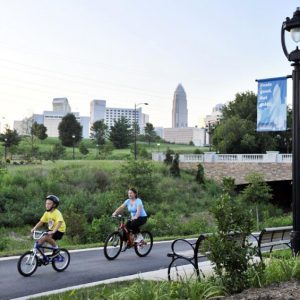
Historical Overview Part 3: The rise of banking builds a globally connected region
While Duke was building the world’s largest electrical network in the Western Piedmont, some Charlotte mill owners recognized that more money could be made loaning money to aspiring industrialists than making cloth themselves.
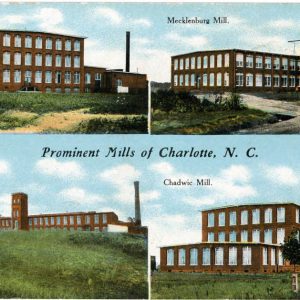
Historical Overview Part 2: Post-Civil War, the region becomes an industrial system
From an agrarian system to an economy based on rural mills and factories drawing workers from former farms and sending goods to Charlotte for distribution, the region undergoes rapid change.
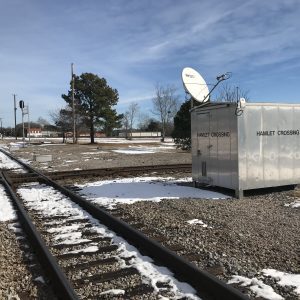
Trails, roads, rails and sky: The changing physical connections that knit our region together
A growing web of infrastructure and physical connections – both within the wider region and between the region and the outside world – has had a profound effect on where growth went, and where it stayed away from. People and industries in the Carolinas Urban-Rural Connection study area followed trading paths, railroads, highways and, now, air service.